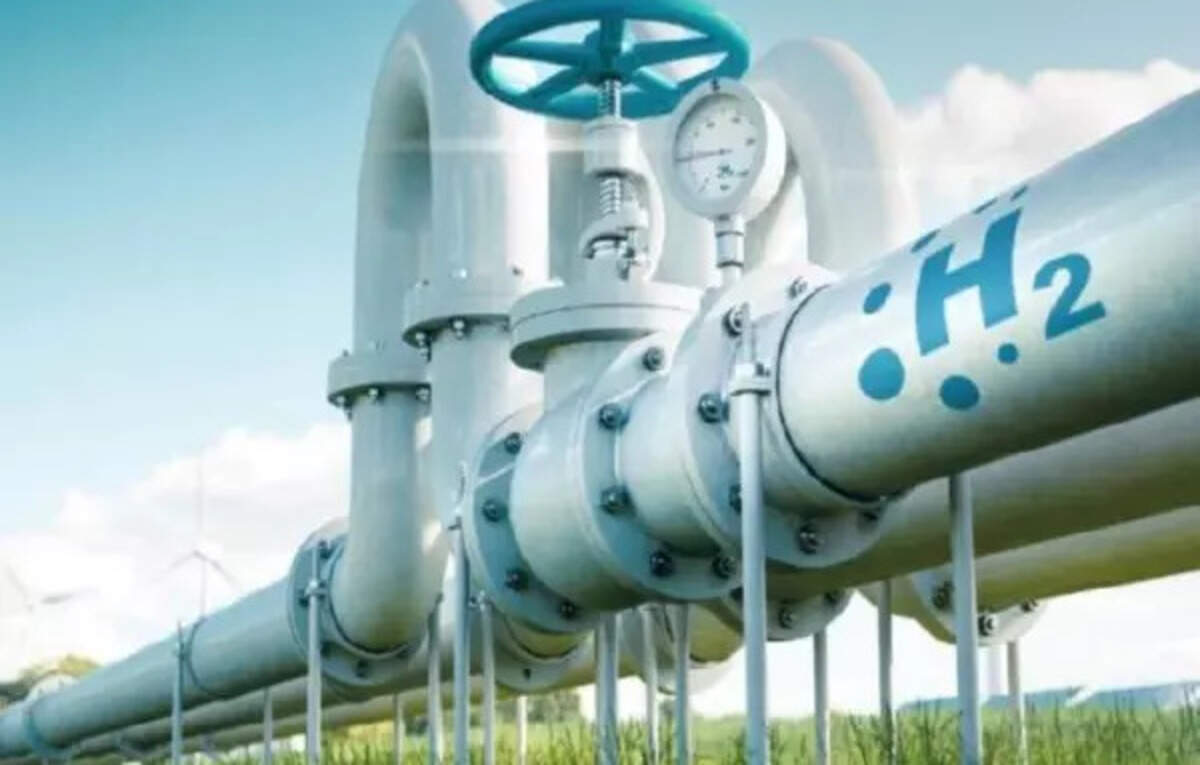India's Green Hydrogen Revolution: A Bright Future Ahead
Key Ideas
- India's green hydrogen costs are projected to decrease by up to 40%, potentially reaching Rs 260-310 per kg, due to government support and incentives.
- The National Green Hydrogen Mission, launched in January 2023, aims to achieve a green hydrogen production capacity of 5 million tonnes by 2030, with an outlay of ₹19,744 crores.
- The Institute for Energy Economics and Financial Analysis report emphasizes the need for refinements in the green hydrogen scheme to attract long-term investments, project viability, and industry growth.
- India's commitment to reducing emissions, increasing renewable energy capacity, and achieving net-zero emissions by 2070 aligns with the global push for sustainable energy solutions.
India is making significant strides in the green hydrogen sector, with the government's support leading to a projected decrease of up to 40% in green hydrogen costs. The Institute for Energy Economics and Financial Analysis report highlights that this cost reduction could bring green hydrogen prices down to around Rs 260-310 per kg. The government's initiatives include providing cheap renewable electricity to hydrogen manufacturers, waiving Inter-State Transmission Charges, lowering distribution and transmission charges, and reducing the GST rate for hydrogen to 5%. Additionally, electrolyser manufacturers are expected to benefit from a 7-10% reduction in total system costs, enhancing the industry's competitiveness.
The National Green Hydrogen Mission, launched in January 2023 with an outlay of ₹19,744 crores, sets a target of achieving a green hydrogen production capacity of 5 million tonnes by 2030. This initiative includes financial incentives to support domestic electrolyser manufacturing and green hydrogen production, driving investment in the sector. The report emphasizes the importance of fine-tuning the green hydrogen scheme to ensure long-term project viability, attract startups and global players, and establish a robust supply chain and demand.
India's commitment to green energy aligns with its goals of reducing emissions, increasing renewable energy capacity, and aiming for net-zero emissions by 2070. The country's ambitious targets and supportive policies signal a positive outlook for the growth of the green hydrogen industry, with potential benefits for various sectors including agriculture, transport, and manufacturing. By fostering a conducive environment for renewable energy initiatives, India is positioning itself as a key player in the global transition towards sustainable energy solutions.
Topics
Middle East
Renewable Energy
Sustainability
Energy Transition
Government Support
Economic Growth
Investment Opportunities
Latest News
